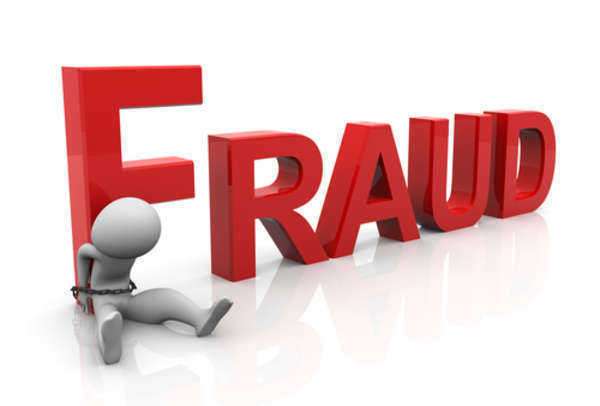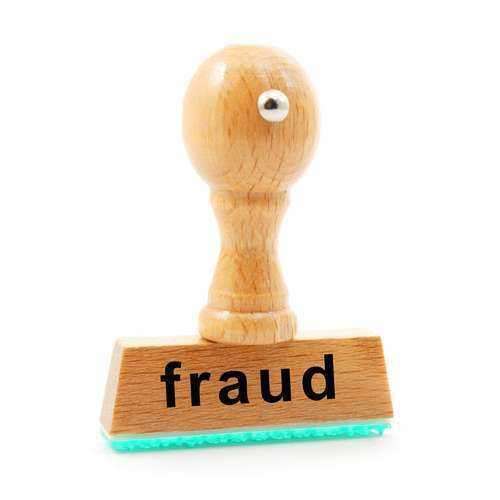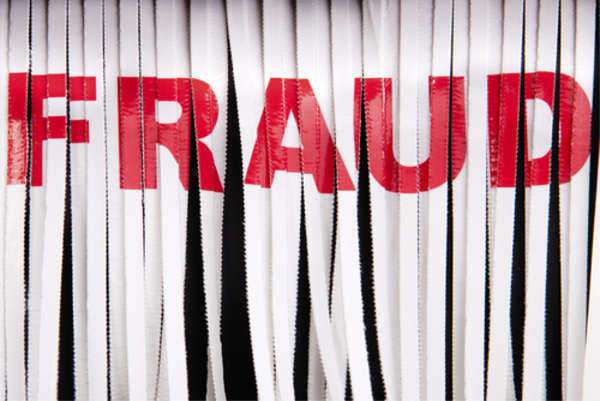Important Facts About Marriage Promises



Fraudulent acts are those that are taken with the purpose of deliberately deceiving a person or faction which causes some sort of damage, typically in the form of financial losses. In certain jurisdictions, lying in specific legal situations can also be considered fraud. However, lying will not necessarily be considered fraud, particularly if a lie does not cause any particular damage.
Fraudulent acts will usually occur in a commercial or business setting, where one party will purposely provide a misrepresentation about a product or service which is intended to cause damage to another party or consumer. In modern applications, fraudulent acts are considered to be white collar crimes.
Examples can include a stock broker giving information to a client in regards to particular stock shares. However, the information provided as to such stock shares is false or completely inaccurate. Because of the high sales commission, the stock broker stands to make a profit at the expense of the client. Such an action would constitute a form of fraud.

The following are contracts which fall under the Statute of Frauds:
Involving Land
Cannot be Completed within One Year
Collateral Promises
Marriage Promises
Sale of Goods
Uniform Commercial Code
Executor of a Will Pays Debt of an Estate.
The Statute of Frauds also requires a contract be written in the event the executor of an estate pays any of the estate's debts out of the executor's own money. This is twofold: to ensure that the executor's claims for reimbursement are substantiated by documentation and to encourage the executor to use the estate's resources before their own. Contact a fraud lawyer to review your case.


The Statute of Frauds is based on an Act of the British Parliament from 1677 called “An Act for the Prevention of Frauds and Perjuries.” The Statute places a requirement on several different contracts.
Contracts that Fall Under Statute of Frauds
Contracts falling under the Status of Frauds include those for sale of goods worth more than $500, for an exchange of real estate, cannot be completed within one year, contain collateral promises, or when an executor pays a debt for an estate.
These contracts must contain two distinct elements. The contract must be written down and there must be some mark indicating acceptance.



Statue of Frauds is a phrase that refers to the legal requirement that specific types of contracts be established in written form. These types of contracts cannot be created and agreed to in an oral or verbal form. They must be written, signed, and often notarized.
There are a number of different types of contracts that are specified under the Statue of Frauds. For instance, contracts that address marriage, including prenuptial agreements, legal separation agreements, divorce agreements, and child custody agreements, must be created in written form. Agreements that endure for more than one year must possess written contracts. When land or real estate is transferred, a written contract must be established. In addition, written contracts are necessary when an agreement involves the sale of products totaling more than $500.
If the participating parties fail to create a written contract for these types of agreements, and for other agreements specified by the Statute of Frauds, the agreement will not be considered legally binding.